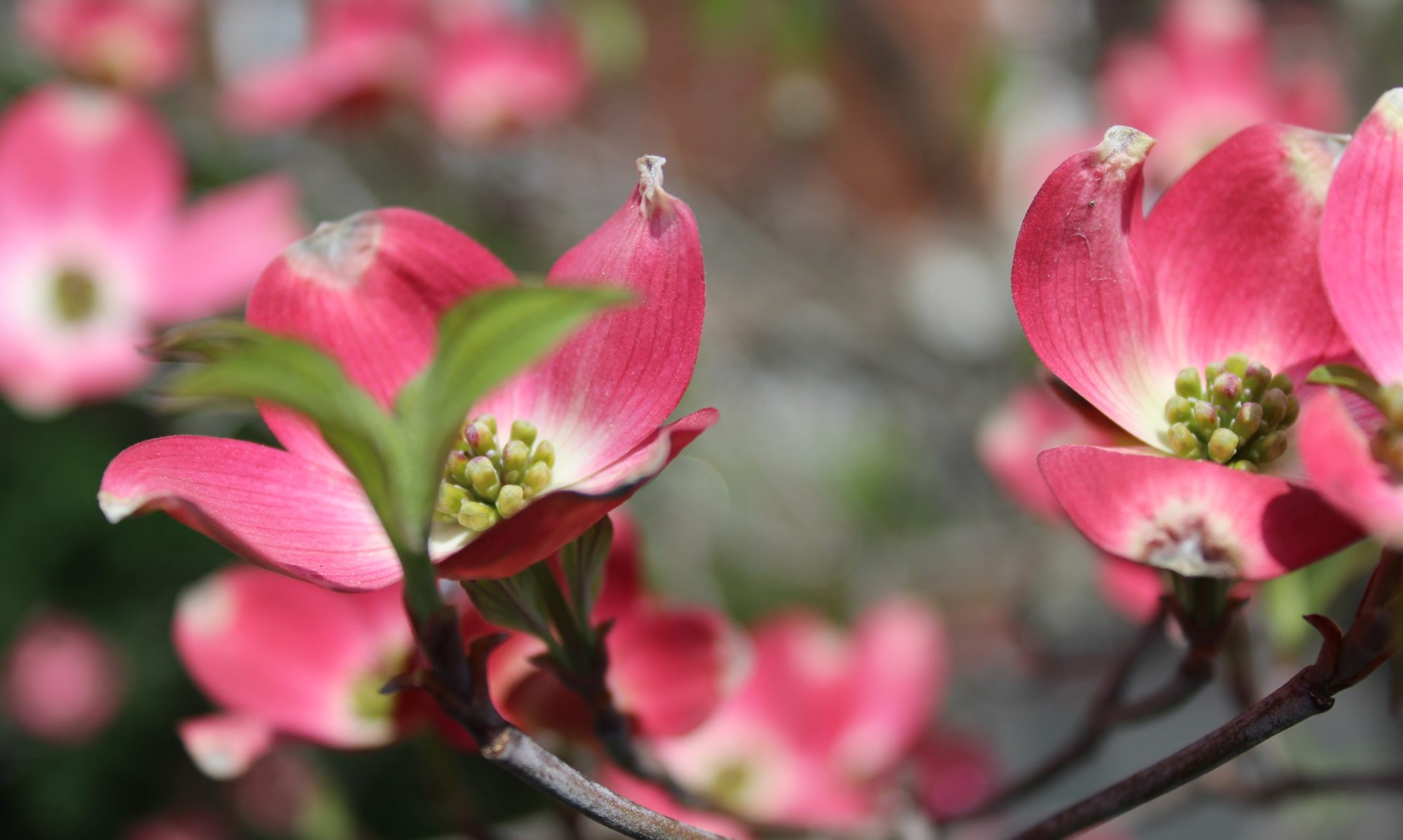My earliest memories are of travel. I remember endless planes, endless cars, and a red VW bus named Rufus and later, a blue VW bus named Blufus. I remember having no sense of where I was or why I was there. We lead a vagabond life, shifting between enormous cities and tiny villages, across three continents with alarming frequency. While we moved with immense regularity – often annually – I never really knew the place in which I lived. I recall addresses, can draw the floor plan of probably fifteen or more houses, but cannot tell you what it meant to be in that place. There was a universal sense of foreignness.
Travel was something that was done to me rather than by me. As an adult, I have continued to travel, although less frequently and to destinations of my choosing. However, the quality of the travel experience has changed. It is no longer a frenetic event, inevitably parting with places and objects familiar and dear. It is no longer something that happens without warning (a choice of parents who seem to have believed it was more difficult for a child to suffer anticipation than to be caught unawares). Rather, it involves a deliberate attempt to embed myself in the culture of the place. I have no desire to be a tourist, although there are times when I unavoidably am. I just want to be. What does it mean to inhabit this space, at this time? What does it mean to be here, now, given the history and longevity of the culture and its people?
We live in an incredibly diverse world full of the gorgeous and the abhorrent. There is no better experience than that of ‘otherness’. It is not always an easy experience; we can feel both pride and discomfort. In fact, it is the contradictory experience of the alien and the familiar which makes travel so necessary to our understanding of the world. Ultimately, we see in the ‘other’ our own humanity, in all of its beauty and ugliness. We come to know ourselves better. Perhaps most importantly, we see that we are very much the same.
